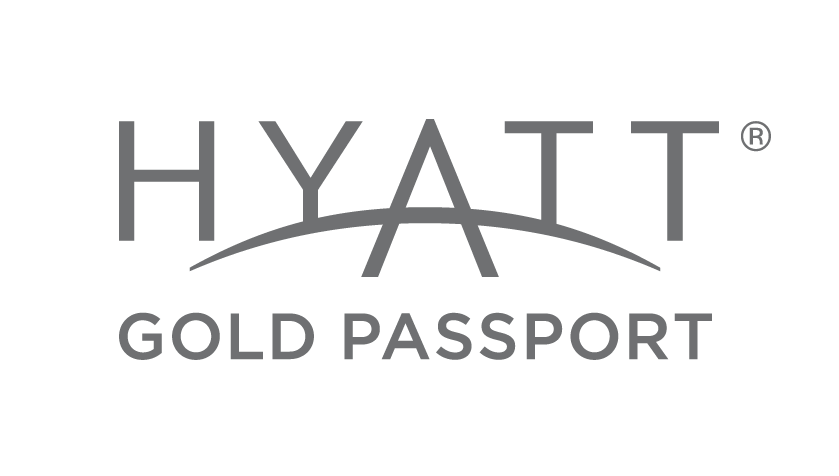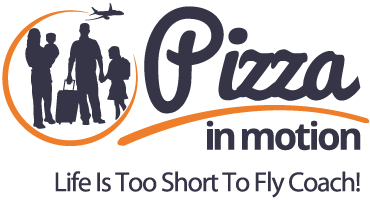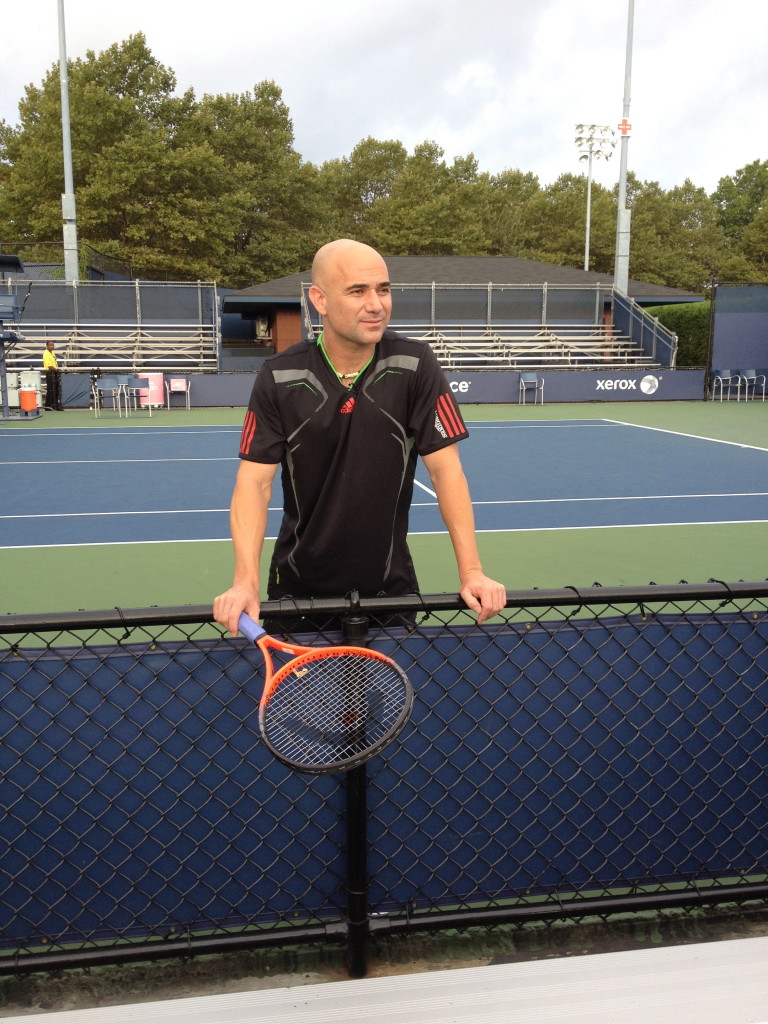Hyatt’s CEO Talks About Loyalty, Gives Some Hints On Strategy

I saw a Tweet from Jeff Zidell, the head of Hyatt Gold Passport yesterday that lead to a very intriguing article.
Skift sat down with Hyatt CEO Mark Hoplamazian (try saying that three times fast) and had some good questions. Mark had some really good answers, a few I wanted to touch on in detail:
On the subject of their market focus:
Assuming that the Marriott/Starwood merger closes, we will soon be the only multibrand, multinational company in the industry that is clearly hyperfocused on the high-end traveler. Every one of our brands in the different segments that we operate in are positioned in the top end of that particular segment. So that focus on the high-end traveler, a second focus on experiences, and third, how we enlist our own colleagues to bring those experiences to life and how we operate on that dimension. Those are all critical to our success.
It’s an interesting point, given that SPG was much more focused on high-end travelers than Marriott, Hilton or IHG. It’s not to say that these brands don’t have any attention there. Marriott does own Ritz-Carlton, after all. Hilton has the Conrad brand. And, IHG has….well, 2 out of 3 isn’t bad.
On the subject of loyalty programs:
Increasingly we are rethinking loyalty in a very, very broad way. Not just the program but also what it means to actually extend the sense of our brand and our purpose to those interactions with our guests, and having that be the center of our focus and attention.
Yes, we will maintain a points program as well, because I think it does actually create some recognition that is giving something of innate value or inherent value to someone who’s a big customer of yours. But that’s going to be the end of the effort. There’s going to be other things that we will focus on, and most of that is going to be around creating experiences for people so that they can experience our brand in more diverse ways. That’s actually the rewrite that we’re in the process of doing right now. I think we can do it, given our scale.
I think there’s a typo in his quote. I believe he said “but that’s NOT going to be the end of the effort.”
He reaffirms their plan to continue a points-based loyalty program, no surprise there. But, he also goes on to say they want to branch out into other areas. This is already an area I think they do well on compared to Marriott, Hilton and IHG. Still, SPG is the undisputed leader in interesting recognition, from concerts sporting events to my wife getting a tennis lesson with Andre Agassi.
I think it’s interesting he uses the word “rewrite”, as that sounds like more of a substantial change rather than incremental.
On the subject of using their capital to purchase hotels as a means of growth:
When Marriott was our size, even larger than we are today, they owned vastly more real estate than we do today. They were forced to spin off their real estate because they were close to bankruptcy in the early ’90s, so it was a necessity for survival. Hilton, to this day, owns a huge base of real estate, although they’ve now announced that they’re going to spin it off. At different points in time, having the ability to deploy capital means a lot in establishing brand presence in different places. For us, because we are under-penetrated or not penetrated or not present in a number of markets, we recognize that we would want to utilize capital to go and secure a position in a given market.
An example is Mexico City, where we were absent for 25 years. The Nikko Hotel became available for sale, and it was a clear opportunity for us to re-establish presence there. Therefore, we purchased the hotel and converted it to the Hyatt Regency Mexico City. Orlando, a market which we had focused on for years to have a very proper, big convention hotel, the Peabody Hotel became for sale, and we purchased that and it is now the Hyatt Regency Orlando. Wailea, a market that we had been out of for 30 years, or 25 years at least, in Maui, had an opportunity to joint venture with Starwood Capital and create the Andaz Wailea, but that required capital.
I’ll admit that I wasn’t aware Marriott was forced to spin off a bunch of real estate due to financial stress.
I actually commented recently on the decision to buy the Thompson Hotel in Miami to add it to the Unbound collection. I think it’s a great strategy, one where they also spin properties off from time to time as a way to generate more cash to grow the size of the portfolio.
On the subject of the reasons for Marriott to pay what they did for SPG ( synergies, including more leverage with OTAs):
Let’s assume for a moment that there’s some significant advantage, and you could even make up how you could size that potential advantage if you stipulated to it. The totality of room nights that are being sold through OTAs for either Marriott or Starwood — you can ask them yourselves — I’m guessing it’s in the low double-digit range of the total room sales base that they have.
OK, so if that’s the case, and they’re going to pick up 100 basis points or 200 basis points (I don’t know what the number is) of advantage over reduction of cost for 10 percent of their business. That’s really the rationale to do a $14 billion transaction? I think the level of rigor that’s being applied to the kinds of statements that are being made is a little surprising.
Well, yeah. That’s a good point and one I hadn’t been focusing on. There is a lot of stock being put into their ability to leverage the OTAs, something that really can’t be a huge part of the reason to do this deal.
He also talks a bit about some things they have in the hopper for the future:
I would say that maybe the first thing that you might see is some additional alternate accommodation models that are not traditional hotels, so that’s one dimension. As you go further out and really focus on experiences, it’ll include other things as well, and those will show up in a way and derive from a lot of the work that we’re doing around how we’re rethinking loyalty….
It’s going to be, initially, alternative accommodation levels, then it would include additional kinds of experiences during travel, and then it’ll probably extend to also include things that would be unique experiences that would be appealing to a big slice of our core segments. That could be in music, it could be in art. We already have some hooks in …
Hyatt already has an investment in a competitor of Airbnb, so that could be what he’s referring to. I’ve been interested in a food & wine package Hyatt had for a couple of years, and I’ve gotten a handful of other offers from them over the years. It’s good to see them exploring alternatives. It’s all of the cool promotions and extras SPG came up with over the years that make me so sad to see them merging with Marriott. I’d be thrilled to see Hyatt pick up that mantle and run with it.
There’s a bunch of interesting thoughts here about the future of Hyatt. They seem focused on making the customer experience better. It’s not all sunshine and roses. Hyatt lags behind competitors like SPG in the technology area by a decent margin. While they have some cool innovations at the property level, their website definitely needs some work.
I’ll be keen to see where Hyatt goes next. They have some exceptional hotels. Smart growth is only a positive for those of us that are loyal to the brand.
The post Hyatt’s CEO Talks About Loyalty, Gives Some Hints On Strategy was published first on Pizza in Motion.


They recently did a survey asking if we value iTunes or something, so that could be where they’re going on music.
LisaJill, interesting. Thanks for the info!